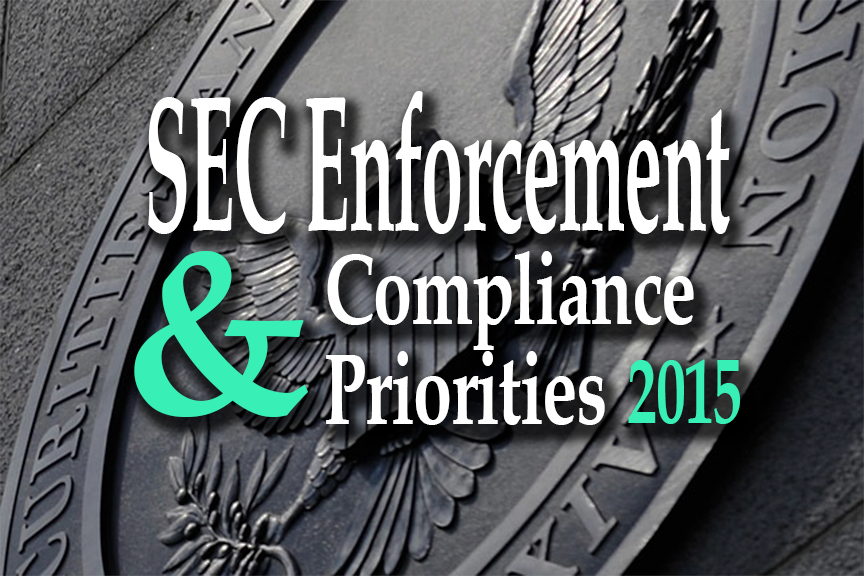This article appeared previously Association of Corporate Counsel’s ACC Docket and is published here with permission from the journal.
Many years ago, an Operations Vice President knocked on my door and spoke the magic words that always get a corporate counsel’s attention: “We have a problem. Do you have a minute to talk?” Moments later, after we were seated at the conference table in my office, he explained that a mass-balance calculation on a chemical manufacturing unit in one of our Louisiana facilities suggested that we were exceeding our permitted emissions limit for hazardous air pollutants. Given the potentially serious implications of this discovery, I immediately booked a flight to New Orleans and commenced an on-site investigation into the matter the following day. At the conclusion of my investigation, I discovered that the situation was much worse than we initially feared. There were two manufacturing units responsible for these emissions, and one of them did not have an operating permit at all. Astonishingly, we had built and operated a chemical plant for over a decade, one that processed millions of pounds of hazardous materials a year, without a construction or operating permit. In addition, the permit for the one plant that was licensed to operate only allowed us to emit a few pounds of a hazardous air pollutant (HAP) from the facility on an annual basis. The investigation revealed that, between the two plants, we were emitting over 400,000 pounds of this HAP per year.
The upshot of this discovery was that we were operating in violation of a half dozen federal and state environmental laws and were facing significant fines and penalties — if not criminal indictments — if this came to light. Taking all the circumstances into account, we elected to shut the non-compliance unit down, self-report to the state and federal authorities and conduct a thorough investigation of air emissions from all the operating units in the plant. We spent the next year and over $1 million carefully examining every other emission source and then implemented systemic controls to ensure we did not repeat such a blunder in the future. Most would agree that we did the right thing. But, the thing is, we didn’t have to.
We had gotten away with violating the law for over a decade.
State and federal environmental regulators had come and gone and never detected any problem. We could have very easily ignored the concern raised by the plant and swept the issue under the rug, telling them: “It’s not perfect, but there’s no reason to take any action at this point to fix it. The regulators aren’t concerned. Keep production up and keep our customers happy.” Had we done so, I have little doubt that we never would have been caught, we would have generated tens of millions of dollars in additional revenue and we would have saved ourselves the expense of a yearlong air audit. By complying with the law, even when we did not have to, we were exercising the cardinal virtue of temperance (i.e., self-restraint or self-regulation), a habit of moral excellence that is a vital prerequisite to ethical corporate conduct.
Like stop signs on city streets, laws applicable to business don’t actually stop anyone from doing anything. They only influence behavior to the extent individuals choose to restrain themselves from violating them. It is true that you may rely on the cardinal virtue of prudence to comply with the law in circumstances where there is a high likelihood of getting caught or damaging your reputation in the marketplace. But temperance comes into play frequently because, like the millions who exceed speed limits every day, there are many circumstances in which companies can violate laws for years with little risk of getting caught. Our example of invisible air emissions at our plant in Louisiana is just one way that corporate “speeding” could go undetected in perpetuity. Others examples include private conversations with doctors promoting products for off-label uses, choosing not to tell a buyer about a product defect, failing to perform all mandatory corporate sexual harassment training, failing to comply with all applicable workplace safety rules, failing to fully comply with all aspects of operating permits, improper disposal of hazardous materials, making late payments on amounts owed to suppliers, failing to comply with all applicable data privacy laws and failing to maintain corporate records in accordance with all applicable record retention rules. To be sure, there are companies who have been caught and punished for violating such laws, but they are the exception rather than the rule. Many more “speed” and get away with it every day, and few, if any, can claim a perfect compliance record. Regardless of where your firm may fall on the scofflaw spectrum, one way you might improve your firm’s performance would be to speak openly about the importance of self-restraint in running an ethical business. The following are some steps you might take in doing so:
- Evaluate your own habits and consider the degree to which you may be failing to restrain yourself from “speeding” at work. Make adjustments as needed to be more temperate.
- Take an honest look around your firm and consider the degree to which your colleagues habitually step over the line in the interest of getting the job done. Consider responsive actions that might change the culture in the organization, or at least rein in the loose cannons.
- Consider whether your firm really has systems that are up to the basic task of knowing and disseminating information about applicable legal requirements. If not, propose cost-effective methodologies to remedy any shortcomings.
- Conduct workshops focused on the importance of temperance and integrate them into your routine business ethics training programs for employees and executives. Regardless of what steps you take, be mindful of the fact that temperance in a business environment is not a natural state. The pressure to get the job done in the most efficient and cost-effective way is an unrelenting force that can induce even the most conscientious employees to bend or break the rules. Consequently, sustained action is required to create a culture in which your colleagues are both expected and encouraged to do the right thing, even when no one is looking.










